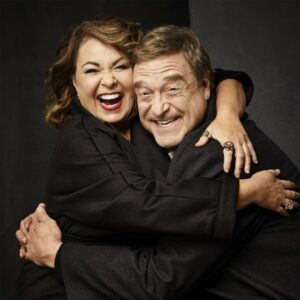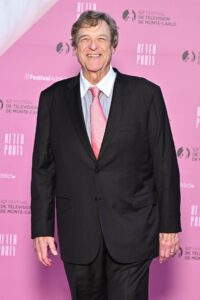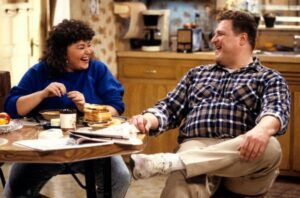
Actors don’t come much more reliable than John Goodman, who has to be up there when comes to naming the greatest performers in cinema who have never been nominated for so much as a single Oscar throughout their distinguished careers.
On both television and film, Goodman has become one of the most respected character actors of the modern era, who never gives anything less than 100% to any performance, whether it’s a small screen sitcom, animated feature, prestige drama, effects-heavy blockbuster, or nail-biting thriller.

There’s nothing he can’t do, and while the Academy Awards have yet to celebrate his laundry list of accomplished turns, trophies have never defined him. On that front, though, Goodman still has a Primetime Emmy win from 11 nominations, a solitary Golden Globe win from five nods, and a Screen Actors Guild award to his name from a quintet of nominations.
Since making his debut in 1983’s action thriller Eddie Macon’s Run, Goodman has never been away from the screen for too long, but when it came to shaping his own performative style, he was in the same boat as so many other thespians in becoming enraptured by one of the greatest to ever do it.
It would be a lot easier and a whole lot quicker to name the heavyweight talents who weren’t inspired by Marlon Brando, given the monumental shadow he cast over acting, but as far as Goodman is concerned, nobody can ever come close to emulating the game-changing and trailblazing star.
“To me, he was a poet,” Goodman told The Off-Camera Show when explaining his adoration for Brando. “He would condense everything into its essence. When I saw Last Tango in Paris, he was giving that speech over his wife, and it just floored me. Threw me back against my chair. One simple essence.”
“Then The Godfather came out, which is just pure poetry on an acting scale,” he continued. “But he gave it the illusion of reality, but better than reality is truth, and he would take it and get the truth of the scene.” Goodman alluded to the “Brando knock-offs” that emerged following his breakthrough, but in his mind, that distinctive style started and finished with the man himself.

Goodman described the legend as not only “his own genius” but “the beginning and end of what he was creating”. In his estimation, as hard as people tried to imitate Brando, it couldn’t be done. He did admit to stealing from him – and Al Pacino, too – to try and enhance his own approach, but nobody could out-maestro the maestro.
They could have shared the screen in another world, with the Coens initially envisioning Brando as the ‘real’ Jeffrey Lebowski, but the closest Goodman got to his hero in a roundabout way was playing Mitch in a 1995 made-for-television production of A Streetcar Named Desire.
